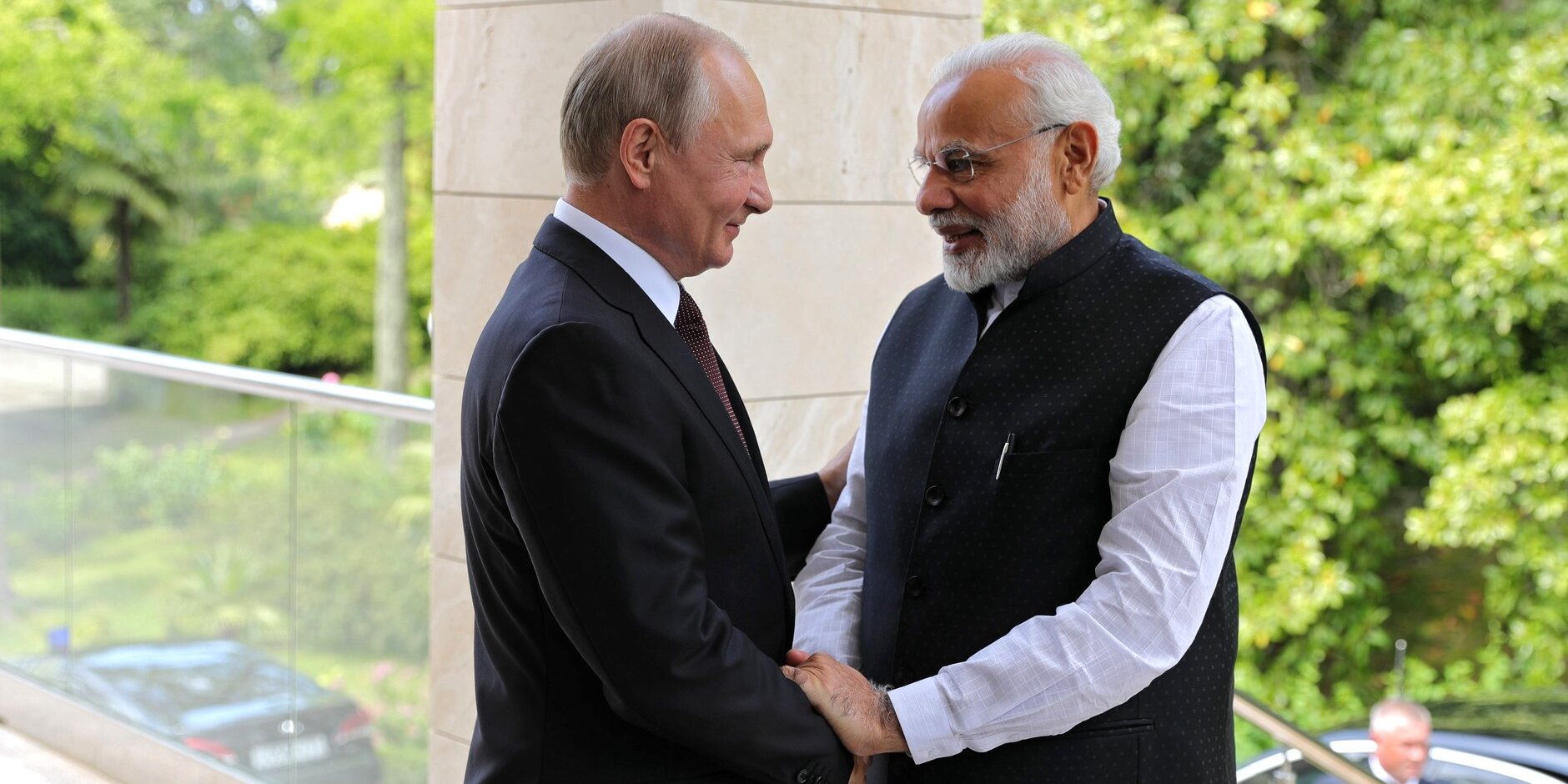India Faces More Tariffs If Trump-Putin Talks Fail.
 PULSE POINTS
PULSE POINTS❓WHAT HAPPENED: The United States imposed steep tariffs on Indian imports due to India’s continued purchase of Russian crude oil. It faces further penalties depending on the outcome of talks between President Donald J. Trump and Russian President Vladimir Putin in Alaska.
Newsletter Need to Know.Your free, daily feed from The National Pulse.
Thank You!You are now subscribed to our newsletter.
👤WHO WAS INVOLVED: U.S. Treasury Secretary Scott Bessent, President Donald J. Trump, Russian President Vladimir Putin, Indian Prime Minister Narendra Modi, and Ukrainian President Volodymyr Zelensky.
📍WHEN & WHERE: Tariffs were imposed on July 31 and August 6, with high-stakes meetings between Trump and Putin scheduled in Anchorage, Alaska, on Friday.
💬KEY QUOTE: “We’ve put secondary tariffs on Indians for buying Russian oil. And I could see, if things don’t go well, then sanctions or secondary tariffs could go up.” – Scott Bessent
🎯IMPACT: The tariffs threaten India’s key export sectors, including textiles and jewelry, and could lead to significant job losses in industries reliant on U.S. trade.
The United States has imposed steep tariffs on Indian imports in response to the country’s continued purchase of Russian crude oil. A 25 percent tariff was initially introduced on July 31, followed by another 25 percent on August 6, effectively raising the total tariff rate to 50 percent. Now, U.S. Treasury Secretary Scott Bessent has warned that more penalties could follow if upcoming talks between President Donald J. Trump and Russian President Vladimir Putin fail to achieve a ceasefire in Ukraine.
“We’ve put secondary tariffs on Indians for buying Russian oil. And I could see, if things don’t go well, then sanctions or secondary tariffs could go up,” Bessent said in an interview. He also called on European nations to align with the U.S. on sanctions, stressing their importance in maintaining pressure on Russia.
Trump, who is scheduled to meet Putin in Anchorage, Alaska, described the summit as a chance to “set the table” for future negotiations concerning Ukraine. He warned of “very severe consequences” if Putin does not agree to a truce, without providing details.
India, now the second-largest importer of Russian crude oil after China, has defended its stance, citing the need for cheap energy to support its economy. The Indian government labeled the U.S. tariffs as “unfair, unjustified, and unreasonable” and pledged to safeguard its national interests.
The new tariffs could severely impact India’s export-driven industries such as textiles, footwear, and jewelry, which together made up nearly $87 billion in trade with the U.S. last year. Experts warn that the heightened duties could erode the competitiveness of Indian exporters relative to counterparts in countries like Bangladesh and Vietnam, threatening millions of jobs in vital sectors.
Join Pulse+ to comment below, and receive exclusive e-mail analyses.